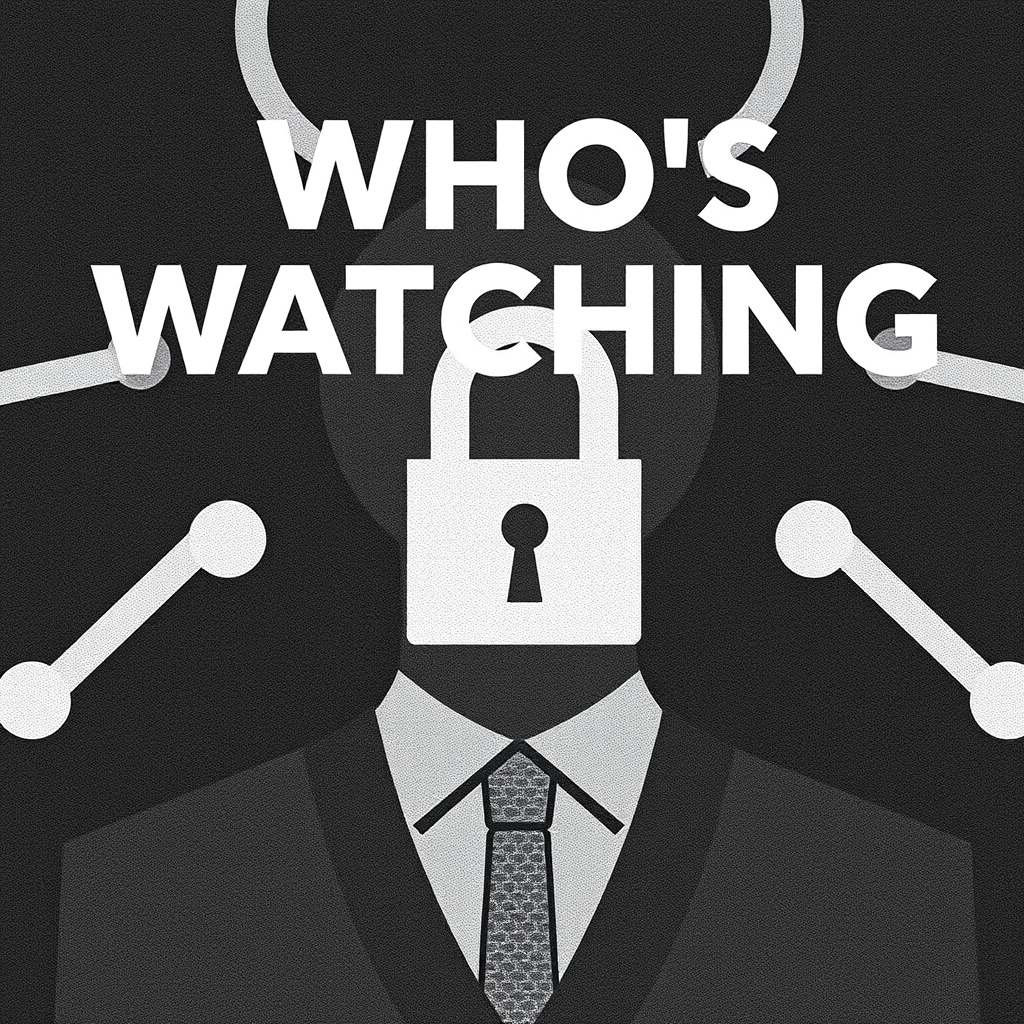Who’s Watching You Online? The Truth About Who’s Responsible for Your Online Privacy.
Meta Description: Is online privacy solely the responsibility of users? This post dives into the shared responsibility for online privacy, exploring the roles of individuals, companies, and governments. Learn how to protect yourself and demand better from the entities that collect your data.
The internet: a vast ocean of information, connection, and… data collection. We always leave digital footprints. Every search, every click, and every social media post adds to a profile about us. But whose job is it to protect our information in this digital landscape? Is it solely on us, the users? Are companies doing enough? And what role should governments play? The answer, surprisingly, is that online privacy is a shared responsibility.
The User: Taking Control of Your Digital Footprint
Undeniably, individuals have a crucial role to play in protecting their own online privacy. We need to be proactive and informed. This means:
- Understanding Privacy Settings: Learn how to control who sees your information and limit data sharing on your social media accounts, browsers, and apps.
- Using Strong Passwords and Two-Factor Authentication: This is the first line of defense. Strong, unique passwords and 2FA make it significantly harder for hackers to access your accounts.
- Being Mindful of What You Share Online: Think before you post. Anything you share online can potentially be seen by anyone, and exist forever.
- Using a VPN (Virtual Private Network): A VPN protects your internet traffic and hides your IP address. This makes it harder to track what you do online.
- Employing Privacy-Focused Search Engines and Browsers: Alternatives like DuckDuckGo and Brave prioritize user privacy over data collection.
- Reviewing App Permissions: Before installing an app, carefully examine the permissions it requests. Does a flashlight app really need access to your contacts and location?
The Companies: Ethical Data Handling and Transparency
While users have individual responsibility, companies that collect and use our data have an even larger responsibility. They need to be transparent about their data practices and handle user information ethically. This includes:
- Clearly Explaining Data Collection Practices: Privacy policies should be easy to understand, not buried in dense legal jargon.
- Obtaining Explicit Consent for Data Use: No more pre-ticked boxes! Companies should actively seek user consent before collecting and using their data.
- Implementing Robust Security Measures: Protecting user data from breaches and cyberattacks is paramount.
- Providing Users with Control Over Their Data: Users should have the right to access, modify, and delete their data.
- Limiting Data Collection to What Is Necessary: Companies should only collect data that is essential for providing their services.
- Avoiding Deceptive Practices: Companies should be upfront about how they use data and avoid practices that mislead users.
Governments: Regulation and Enforcement
Finally, governments have a vital role in establishing a legal framework for online privacy. This includes:
- Enacting Strong Data Protection Laws: Laws like GDPR in Europe and CCPA in California set rules for data privacy. They give users more control over their information.
- Enforcing These Laws Effectively: Laws are only effective if they are implemented. Governments must invest in resources to investigate and prosecute violations of data privacy laws.
- Promoting Digital Literacy: Governments should invest in educating citizens about online privacy and security.
- International Cooperation: Data flows across borders, so international cooperation is essential to protect data privacy globally.
A Call to Action for Change
Online privacy is not a lost cause. We can create a safer online world. To do this, we need to understand our responsibilities. We should also demand more from companies. Additionally, we must support government rules. We need to:
- Be More Vigilant: Understand the privacy policies of the services you use and adjust your behavior accordingly.
- Support Companies That Value Privacy: Pick products and services from companies that protect user data.
- Demand Action from Our Representatives: Contact your elected officials and urge them to support stronger data privacy laws.
- Educate Others: Share this blog post and spread awareness about the importance of online privacy.
Ready to take control of your online privacy? Download our free Privacy Checklist today!
Conclusion
The issue of online privacy is complex, but one thing is clear: it’s a shared responsibility. It requires a concerted effort from individuals, companies, and governments. Only then can we hope to create a digital world where privacy is valued and protected.


